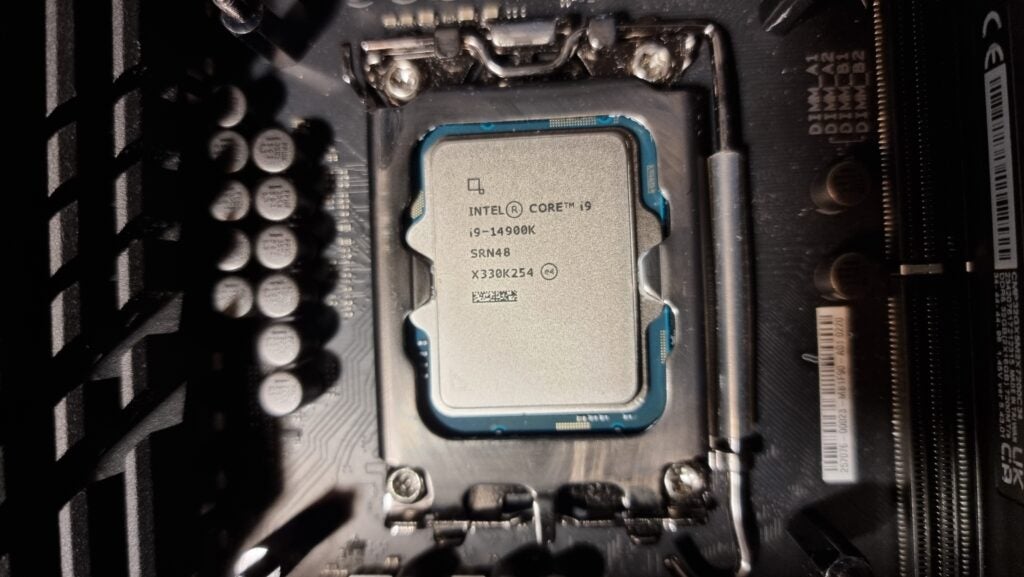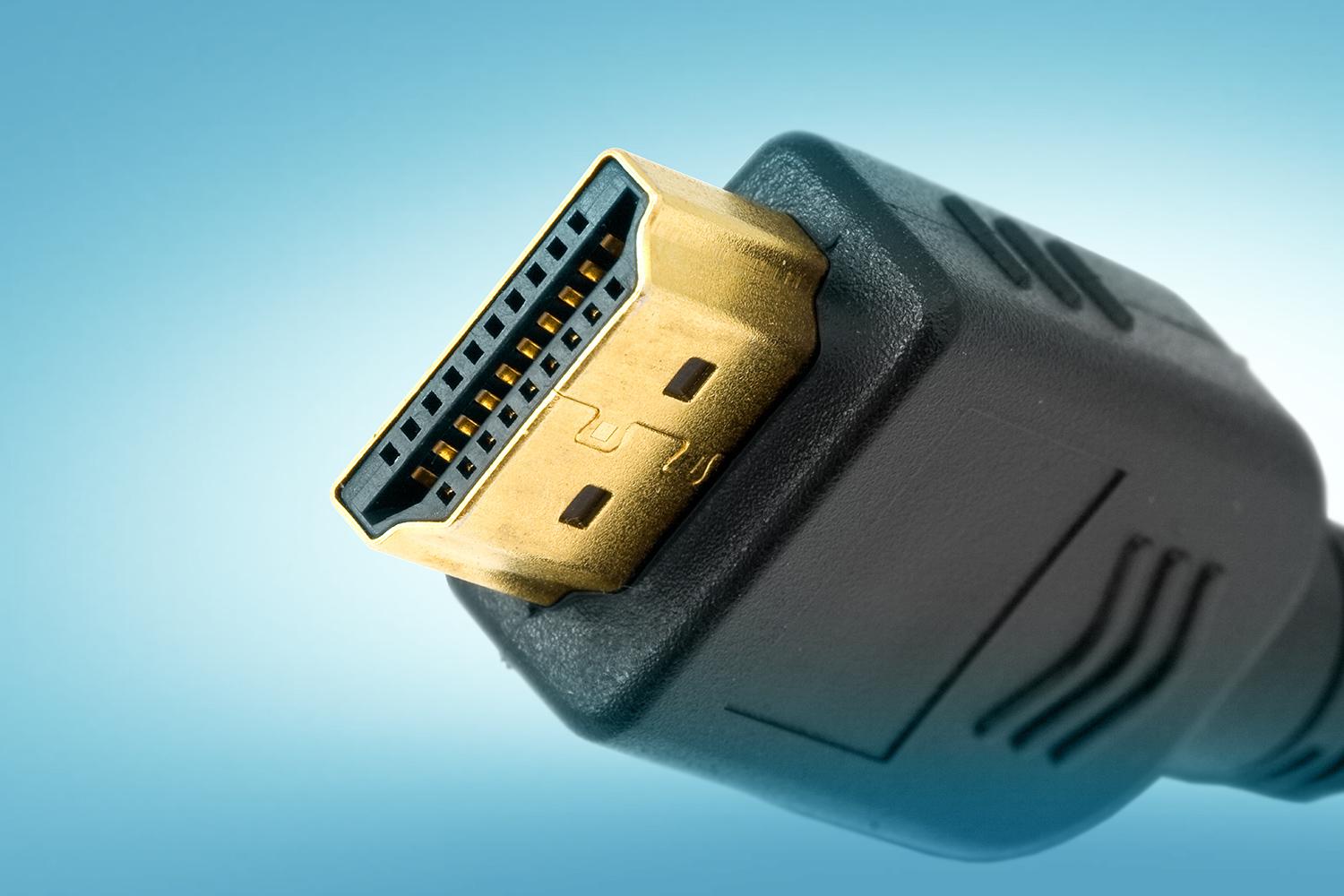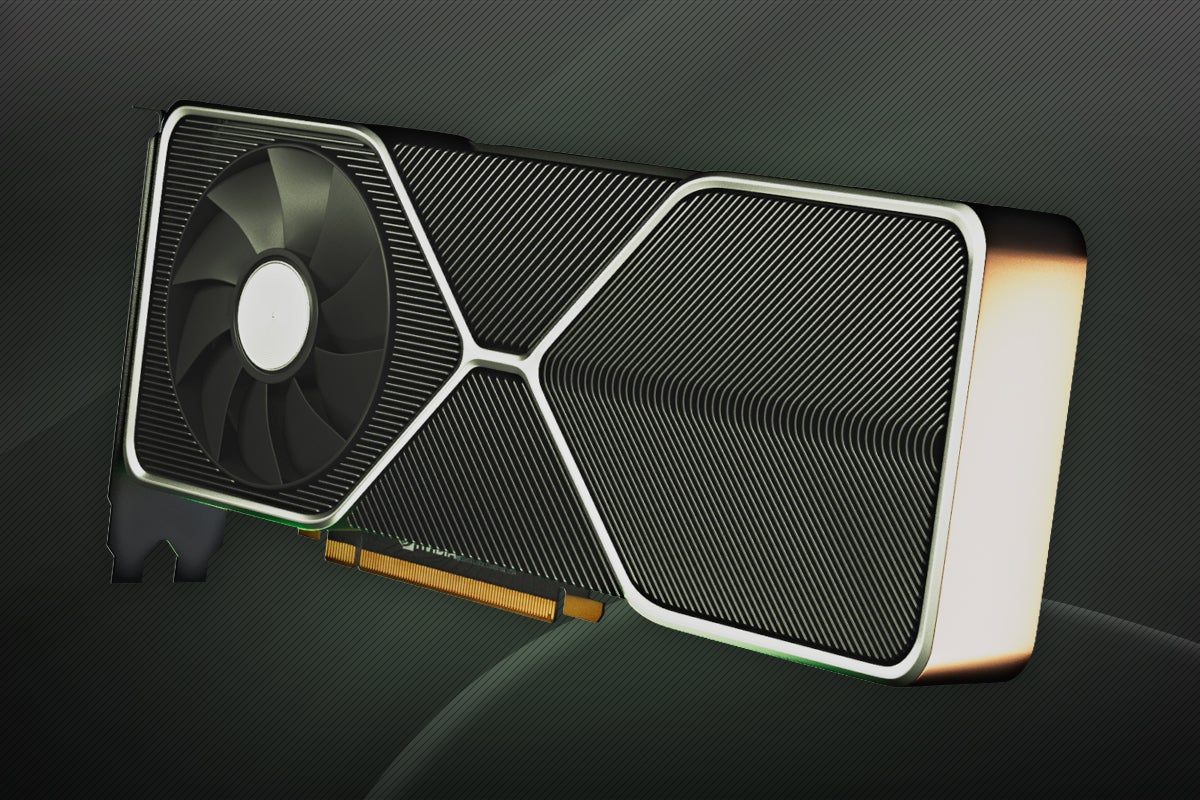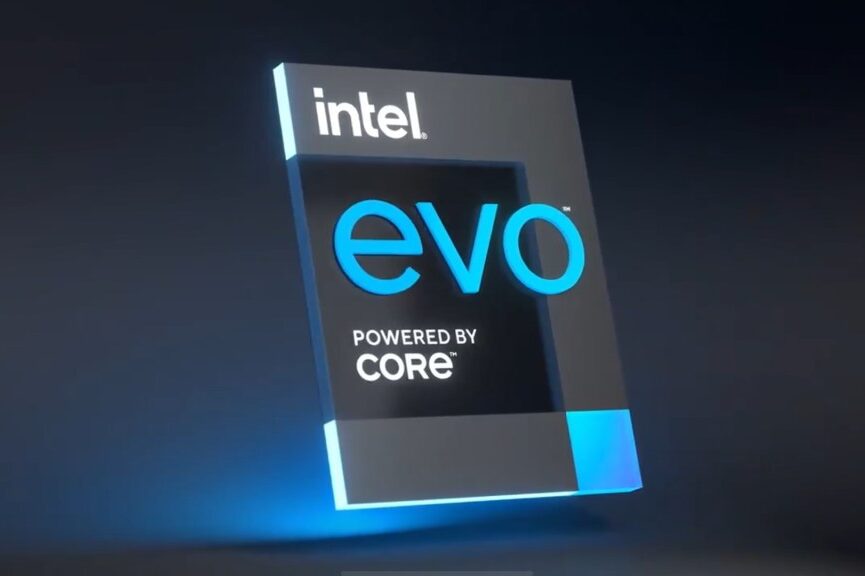High-end vs mid-range CPUs: Is the difference worth the cost?

Buying a new CPU for your PC can be an intimidating process, not only because of all of the technical specs that you need to consider, but also the high expense.
One of the most common questions that people ask is whether they should purchase a mid-range or high-end processor. The likes of AMD and Intel will always launch multiple chips for each generation, all with different price points. So which one should you go for?
We’ll be explaining everything you need to know about purchasing a CPU, so you can be more confident that you’re purchasing the right processor for your desired workloads.
What is a high-end CPU?
Let’s start with defining what a high-end processor actually is. In terms of Intel chips, the i7 and i9 ranges are generally thought of as the high-end options. Over at AMD, it’s the Ryzen 7 and Ryzen 9 chips. But what exactly is it that makes these chips high-end?

Generally, high-end chips have more cores and higher peak clock speeds, making them the most powerful options. For example, the high-end Intel Core i9-14900K features 24 cores and is capable of up to a 6GHz frequency. Meanwhile, the mid-range Intel Core i5-14600K has 14 cores and a max clock speed of 5.3GHz.
Thanks to those extra cores, high-end processors are generally more equipped to deal with juggling multiple tasks at once, or engaging in complex workloads such as video editing and 3D animation. The higher frequency speed will also provide a boost to overall performance.
What is a mid-range CPU?
A mid-range processor is generally just a slightly less powerful version of its high-end counterpart, as long as they’re part of the same generation.

For example, any processor in the latest 14th generation of Intel Core chips will share the same architecture. But when comparing two chips from differing generations (14th Gen vs 11th Gen for example) there will most likely be fundamental differences to how the chip was built, which can greatly impact performance.
So if you’re choosing between two processors from the same generation (such as the i9-14900K and i5-14600K) then the only differences will be the peak frequency speed and number of cores.
Is the difference worth the cost?
It’s obvious that a high-end processor is capable of a more powerful performance than its mid-range counterpart (as long as they’re part of the same generation) but is the performance difference actually worth the cost? This all depends on the workload.
The greatest advantage a high-end processor will have over a mid-range one is a greater number of cores and threads. However, many applications aren’t designed, or strenuous enough, to take advantage of numerous cores simultaneously.
For example, web browsing, video streaming and word processing are such simple tasks that you most likely wouldn’t notice much of a difference between the performance of an i5 and an i9 processor.
Strangely enough, most video games don’t require the power of numerous CPU cores either. This means that an i5 CPU will often be nearly just as competent as an i9 chip when it comes to elevating gaming performance. As a result, we often recommend gamers opt for a mid-range processor instead of a high-end one in order to get the best value for money.
The benchmark table above demonstrates the performance difference between the Intel Core i9-14900K and Intel Core i5-14600K. As you can see, the former offers a superior performance, but not by a significant margin for modern games – there’s only 4fps advantage for Horizon Zero Dawn, 1fps boost for Returnal and 3fps gain for F1 22.
A high-end processor can offer a greater performance advantage for games that aren’t too restricted by GPU performance. For example, the i9 saw a 31fps performance boost compared to the i5 for Dirt Rally, although the performance was extremely high for both chips.
It’s also worth mentioning that all of the tests above are for a 1080p resolution. Crank up the resolution to 4K, and you’ll see an even smaller difference in gaming performance between the chips. Instead, it’s the GPU performance that becomes more important.
So does that mean there’s no point in buying a high-end processor? Not quite. A high-end chip will generally excel at workloads that make use of multi-threaded performance. This includes tasks such as video editing, 3D animation, machine learning and more. We typically recommend a high-end processor for creative professionals who deal with complex productions on a frequent basis. For such workloads, you should notice a big performance difference compared to using a mid-range chip.
So whether the high cost of a high-end chip is worth it really just comes down to your workloads. Most people, including gamers, will likely be perfectly fine with a mid-range chip. But if you’re someone who deals with CPU-intensive workloads on a consistent basis, then the added firepower of a high-end chip will be worth it in the long run.








